Open Science: Trust and Integrity in Science
The overarching theme for this year’s conference is Open Science: Trust and Integrity in Science. This encompasses how open science can foster a culture of transparency, collaboration, and accountability in scientific research.
In an era where public trust in science is both crucial and contested, this event brings together researchers, PhD-students and other staff from Lund University and researching organisations in the local vicinity to explore how open science practices can strengthen the integrity and credibility of scientific knowledge.
The programme committee invite all LU-affiliated researchers and PhD-students as well as support staff that work with research support to attend this free of charge lunch-to-lunch conference that highlights Open Science, by featuring inspiring speakers and lively discussions.
Presentations from the conferecence can be found on Zenodo: https://doi.org/10.5281/zenodo.17786826
Wednesday 19th November
11:30-13:00 Registration and lunch
13:00-13:10: Opening of conference – Nicholas Loubere, Senior lecturer, Centre for East and South-East Asian Studies
13:10-14:00: Keynote: Sumithra Velupillai, Senior Advisor at Swedish Research Council – Open Science in Sweden, Europe, and Beyond
We open the Lund University Open Science Days with a keynote that places trust and integrity inscience at the center of the conversation. This introductory session, supported by VR, will reflect on how Open Science is being shaped locally at Lund University, nationally in Sweden, across Europe, and globally. From research funders’ perspectives to the responsibilities of institutions and researchers, we will explore how openness can strengthen reliability, transparency, and societal trust in knowledge.
Sumithra Velupillai is a senior advisor at the Swedish Research Council, focusing on areas around digital infrastructures, including European initiatives such as the European Open Science Cloud (EOSC). She has a PhD in Computer and Systems Sciences from Stockholm University and has worked as a researcher in natural language processing and applied AI in the healthcare domain in Sweden, the US and the UK.
14:00-14:30: Open Science in the crosshairs: The massification of commercial academic publishing, AI, and ethical open access futures
As with most aspects of the academic endeavour, the rapid emergence of generative AI has dropped like a bomb into the academic publishing ecosystem, exposing significant fault lines in how the academy disseminates knowledge. From the large corporate publishers selling access to their corpuses to be harvested by LLMs to journals publishing submissions with AI prompts intact, AI is exposing contradictions in academic publishing. This session will lay out some of the challenges we face and open up discussion for possible ethical open access publishing futures.
Speaker: Nicholas Loubere – Senior lecturer, Centre for East and South-East Asian Studies
14:30-15:00 Coffee break
15:00-15:45: Innovation and Open Science
This session gathers representatives from large Swedish infrastructures currently developing innovative platforms and methodology that promote open science.
Speakers:
Emanuel Larsson – Node Coordinator, InfraVis (National Research Infrastructure for Data Visualization)
Karl-Johan Lindholm – Director and Chair of the Operative Board, Swedigarch (Swedish National Infrastructure for Digital Archaeology)
Helena Hulth – Coordinator and Secretary of the Operative Board, Swedigarch
Johan Fihn Marberg – Head of IT, Swedish National Data Service (SND)
Session host: Nicoló Dell’Unto – Professor, Archaeology
15:45-16:30: The politics of archives and Open Science
Archives are spaces for the preservation of documents, and (hi)stories and knowledge that come with them – on events, institutions, science and people. They are also spaces of power, which has implications for what can be found in archives, how it can be accessed and engaged with. Often governed by states, regional bodies or private actors, archives can be selective in what they disclose and when, opening and closing access to collections in view of different political contexts. There have also been popular efforts to preserve pasts and presents, and initiatives such as counter-archives that aim to make marginalised (hi)stories visible. Much of archival documentation is stored in physical formats, making access to them limited to those who can visit the archive and learn to navigate its logics. However, there has been a lot of emphasis on digitalisation of archival collections, fostering openness of these holdings to research and broader public, and sometimes mobilising popular support in digitalisation efforts. Engaging with these themes, this session addresses the politics of archives and their interconnections with open science.
Speakers:
Maria Gedoz Tieppo – Doctoral student, Educational Sciences
Håkan Håkansson – Digitalisation coordinator, Department of Preservation and Digitisation, Lund University Library
Johan Pries – Senior lecturer and associate professor, Department of Human Geography
Moderator:
Ekaterina Chertkovskaya – Researcher, Environmental and Energy Systems Studies
16.30 – Poster mingle and reception.
The poster mingle will feature a diverse lineup of exhibitors from organizations and infrastructures in Lund and beyond, showcasing a variety of approaches of practicing and supporting open science. More information about the mingel and exhibitors.
Thursday 2oth November
08:00-09:00 Registration and coffee
9:00-9:45: Keynote: Open science, research culture and research integrity – the holy trinity of good research practice – Malcolm MacLeod, Professor of Neurology and Translational Neuroscience and Co-Director of Edinburgh Neuroscience, University of Edinburgh
Research integrity cannot thrive without open science, and neither prosper in environments where research cultures are challenging. Building communities of good research practice requires that we address all three dimensions. I will try to go beyond ‘admiring the problem’ to setting out a framework for strategies in research improvement. Considering 4 different reasons for reproducibility failure (doi.org/10.1186/s13104-022-06030-2) I will argue how their causes, and potential solutions, map to these three dimensions of good research practice.
9:45-10:30: Preprint services and their impact on open science.
Open data and open articles are important components of open science. At least some 80 resources provide preprints, i.e. versions of manuscripts before publishing in journals. Multidisciplinary arXiv was established already in 1991, several others are more recent. Together they contain millions of manuscripts. Preprint services are important channels for sharing information; many of the submissions are never published elsewhere. In this session, we will give an introduction to preprint services and provide personal experiences in different fields.
Speakers:
Nicholas Leigh – Senior lecturer, Division of Molecular Medicine and Gene Therapy
Anders Irbäck – Professor, Centre for Environmental and Climate Science (CEC)
Introductory speaker and moderator:
Mauno Vihinen – Professor and Research Team Manager, Protein Bioinformatics
10:30-11:00 Coffee break
11:00-11:45: Subaltern perspectives in knowledge creation
Universities are spaces for knowledge creation, but the kinds of knowledges that are discussed in academia and seen as scientific are quite limited. This does not capture a whole variety of ways of living and knowing on the planet. Subaltern knowledges outside academia – of indigenous peoples, peasants and other marginalised communities – can show paths towards more sustainable and just living. But these knowledges have also been oppressed, erased and downgraded, including through positioning scientific knowledge as superior. For being truly open, science and universities need to grapple with their colonial pasts and presents, and learn from subaltern knowledges. This session aims to reflect on the relationship of subaltern knowledges with open science. How can academic knowledge be enriched by these perspectives? How to work with people who have been creating these knowledges whilst avoiding knowledge extraction? Can these knowledges create synergies, or alliances, with what is considered scientific knowledge, for a better world?
Speakers:
Georgia de Leeuw – Researcher and senior lecturer, Human Rights Studies
Riya Raphael – Researcher and teacher, Gender Studies
Torsten Krause – Senior lecturer, LUCSUS (Lund University Centre for Sustainability Studies)
Moderator:
Ekaterina Chertkovskaya – Researcher, Environmental and Energy Systems Studies
11:45-12:30: Open Science and ethical frameworks sensitive to both security and recognition
Doing research with communities in vulnerable social positions presents several ethical challenges. How can we as researchers act morally when research guidelines are not aligned with the interests of the one we are doing research with? How to go about when GDPR reenforces the imbalance of power between researchers and participants? In this session, researchers from different disciplines discuss trust and ethics when conducting research with women experiencing violence and with asylum seekers.
Speakers:
Claudia Di Matteo – Doctoral student, School of Social Work
Sara Arapiles – Postdoc, Department of Law
Inci Öykü Yener-Roderburg – Postdoctoral fellow, Global Christianity and Interreligious Relations
Moderator: Sara Hultqvist – Associate professor and senior lecturer, School of Social Work.
12:30-12:45: Closing the conference – Johan Nilsson, Head of office at Oikos Editorial Office and Research engineer at the Department of Biology
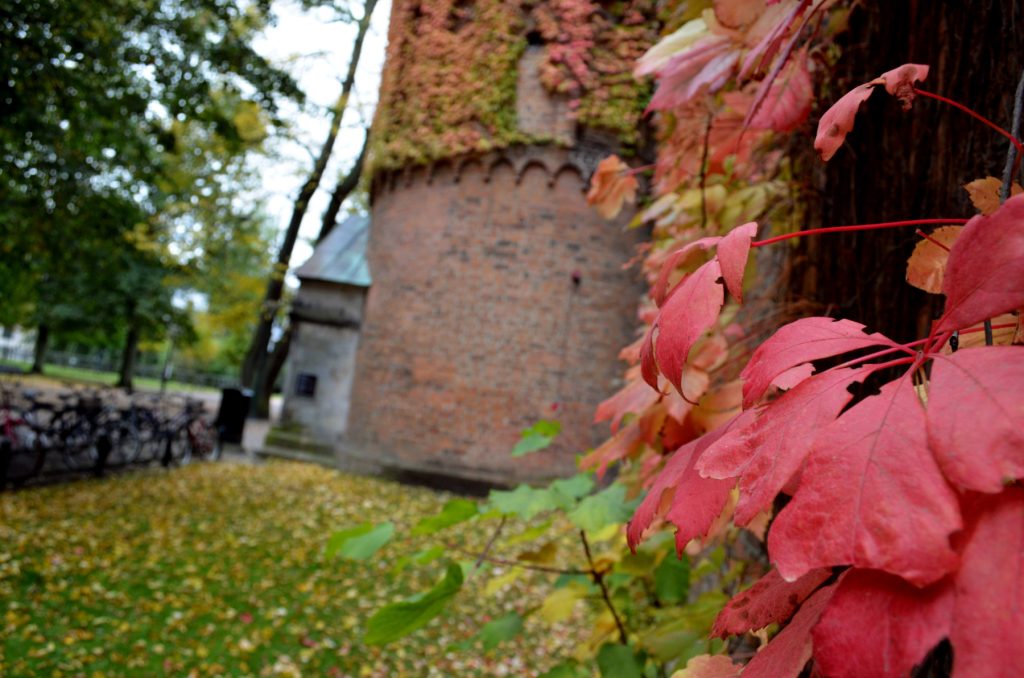

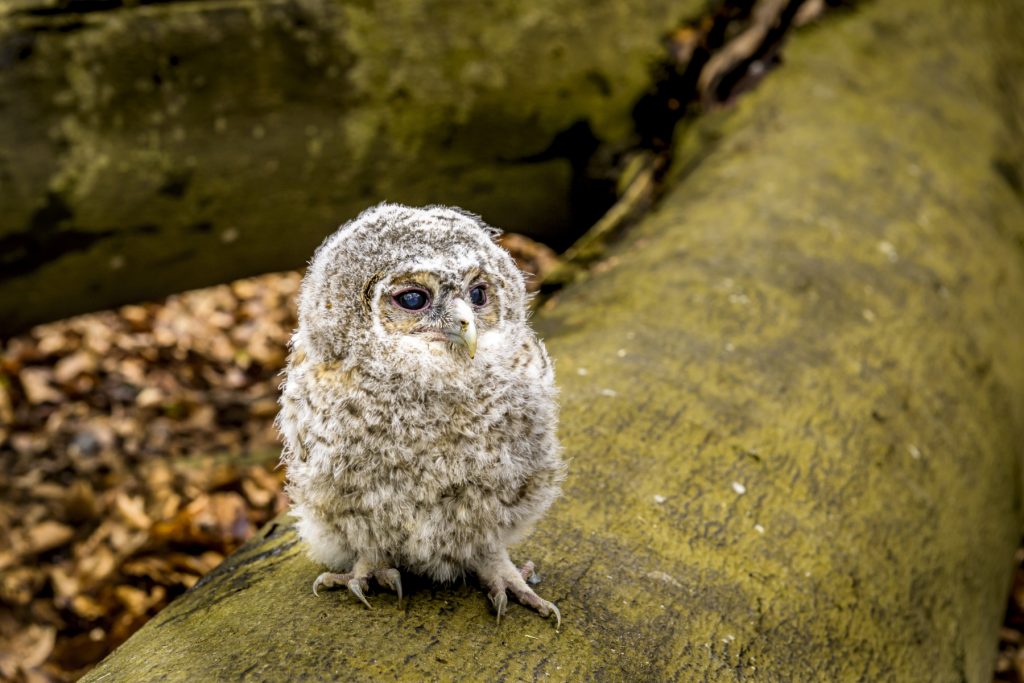
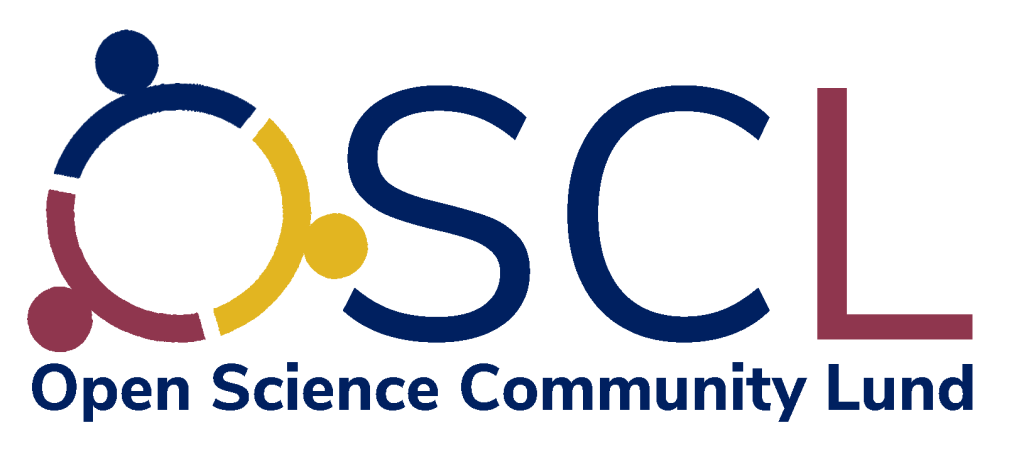
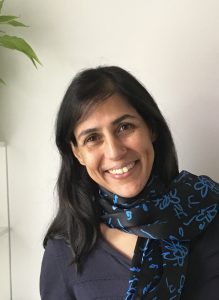

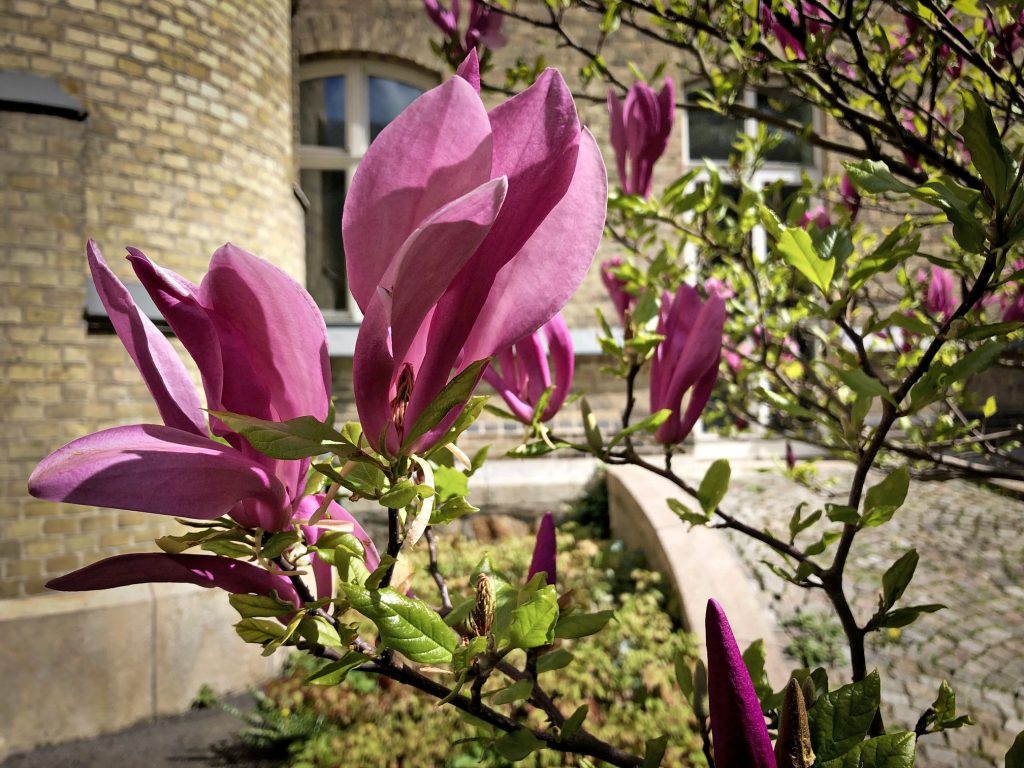
Comments